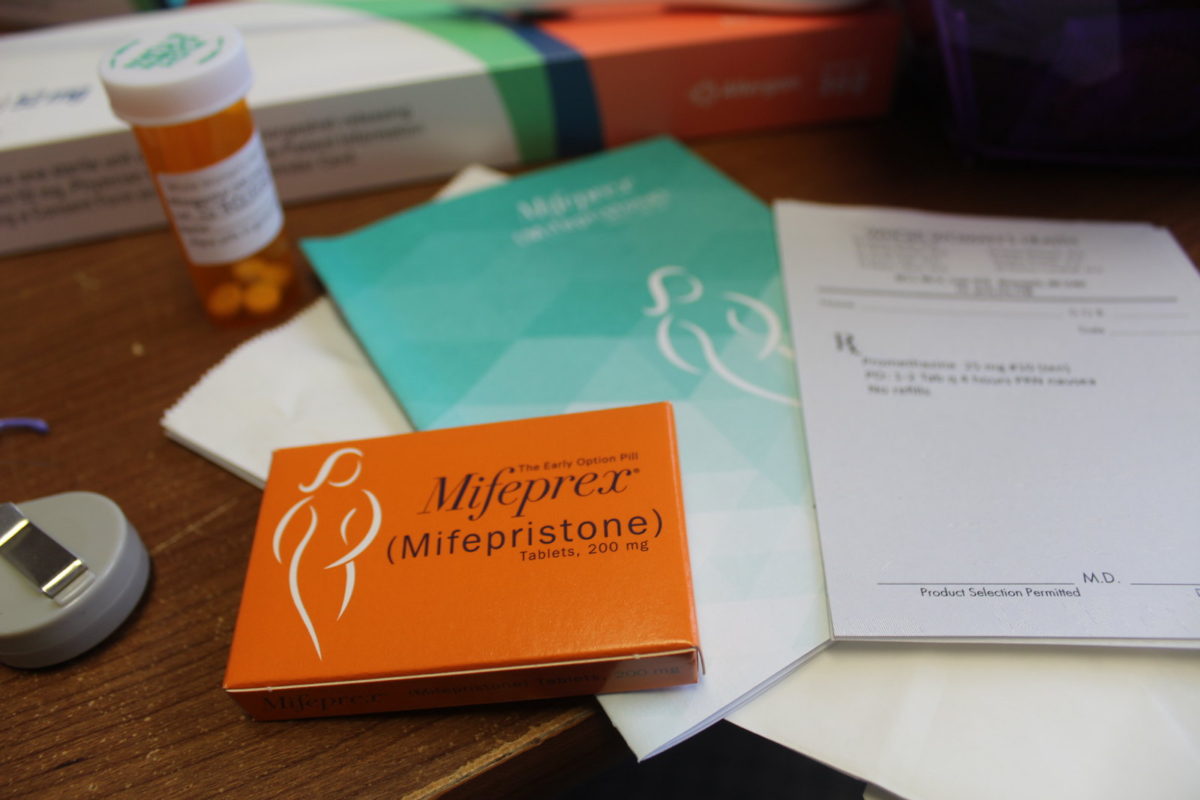KUALA LUMPUR, June 30 — A reproductive rights group urged the Ministry of Health (MOH) to provide abortion services to reduce baby dumping and infanticide, amid the lack of access to safe abortions.
Dr SP Choong, founder member and hotline coordinator of Reproductive Rights Advocacy Alliance Malaysia (RRAAM), pointed out that over 75 countries have approved medical abortion (MA) since 1988 and have been using it safely in their reproductive health programmes, including Thailand, India, and Vietnam.
“Unfortunately, our MOH has yet to recognise the recommendations made by the World Health Organization (WHO) to promote MA when there are no legal obstacles to abortion services, as is the case in Malaysia,” he said in a statement.
Medical abortion with pills, according to Dr Choong, has been established as a safe method for terminating early pregnancies (before 10 weeks) if proper guidance is given to women. Medical abortion can even be done through telemedicine on the phone or internet, without requiring a physical visit to the clinic.
Dr Choong stated that lockdown restrictions in Malaysia have already resulted in an increasing number of unwanted pregnancies, as the number of callers to RRAAM’s abortion hotline increased last month.
He mentioned that the average 300 calls per month saw an increase of 20 per cent in May after almost six weeks of the Movement Control Order (MCO) implementation during the Covid-19 outbreak.
“In addition, there was also an almost 10-fold increase from callers with late pregnancies over 20 weeks.
“Sadly, these may well have planned pregnancies but the impact of job losses and long term economic uncertainty caused by Covid-19 may have forced them to consider such desperate measures.
“This trend has already been widely reported globally showing that the social disruption caused by the pandemic clearly affects women’s access to contraception and abortion and their decisions on termination,” he said.
Earlier, Dr Nazeli Hamzah, who is a consultant paediatrician and past president of the Malaysian Association for Adolescent Health, reportedly suggested that contraceptives services be made available to sexually active teens as one of the ways to curb baby dumping in Malaysia.
It is to be noted that abortion drugs are not included in Malaysia’s clinical guidelines, despite WHO listing it as an essential medicine. In fact, buying misoprostol, an abortion pill in Malaysia is considered illegal as the drug is not registered in Malaysia.
Abortion is only permitted in Malaysia if it endangers the mother, but abortion services in public health facilities are not available for unmarried women. Government clinics also do not provide birth control pills and other modern contraceptives to single women, leading many unwed teenage girls to dump their babies to avoid ostracisation from their families.
However, Dr Choong pointed out that the ban of abortion pills has forced many women to access these drugs via internet sites, many of which are scams.
“Registering these drugs will provide women with an alternative treatment under local medical supervision when a clinic visit is not possible. It will also prevent serious medical complications due to incorrect advice,” he said.
He also emphasised the importance of including safe abortion services as an essential service as a back-up to contraceptive failures.
“Surely, far better than driving some women to desperation to commit infanticide. Looking at baby dumping reports, many will easily place the blame the women and girls for their plight,” Dr Choong said.
“Unfortunately, it is difficult for those of us who are better educated with easy access to contraceptives and even abortions when methods fail, to imagine the situation faced by these women and girls resorting to baby dumping.
“These are poor, probably ignorant, disempowered women facing an unwanted pregnancy in our conservative society. She may possibly be a victim of rape, unable seek redress nor avoid a pregnancy,” said Dr Choong.
He also highlighted the social and economic consequences of a single woman’s unwanted pregnancy. According to Dr Choong, these factors can be serious enough to drive some to such desperation as to dump their newborn.
“These women have usually tried to abort but had neither the information nor resources to do so. In fact, society has to take a large portion of blame for such tragedies instead of outright condemnation.
“As a civilised society, we should do everything in our power to prevent such tragedies happening to women who are less privileged than most of us, especially as we are already aware of the steps that need to be taken to help them.”








